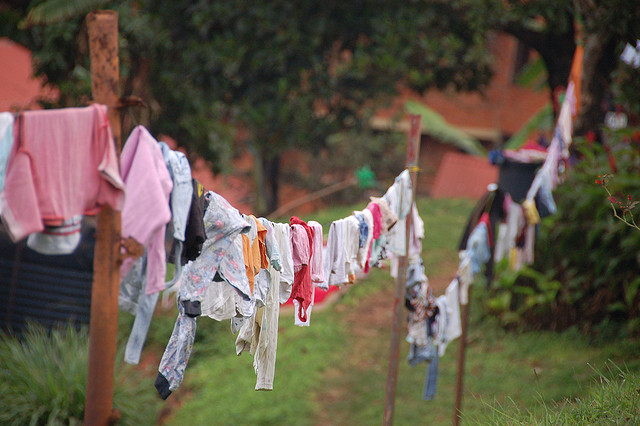I could tell you endless stories about poverty and destitution in Uganda. But you know most of that. Or you assume. And your assumptions are right. Children are orphaned daily because of disease, and people scrape by on $2 per day in the slums of Kampala. But I want to tell you what you do not know and what you may not have the courage to act upon.
Pharmacy and the Ugandan health care system
As a pre-pharmacy student at University of Wisconsin-Madison, I focused on health care and drug availability during my three-week excursion to Uganda. Uganda’s health care system contains Health Center levels I, II, III and IV, in addition to district hospitals. Each level has better facilities and more educated clinicians than the former. In a country where malaria, HIV/AIDS and tuberculosis ravage the population, prescription medications are a necessity, but the medicinal supply never meets the high demand. The centers have extremely limited budgets—one Health Center IV has an annual drug budget of $33,000 for the entire district. This money funds prescription medications, but consequently leads to a shortage of over-the-counter medicines we take for granted, such as ibuprofen, Imodium, Midol and aspirin.
But what happens to a dehydrated boy with diarrhea? What happens to a teenage girl, bed-ridden every month from the pain of menstruation? What happens to a mother incapacitated by migraines? I was dumbfounded by people’s lack of access to medicine, transportation, drinking water, and other necessities. It was exhausting to keep up with everything they did not have.
What we have to learn from Uganda
I could not pity the Ugandan people, because their unfaltering joy captivated me. Instead, I reflected on my own life and pitied myself. As a white, middle-class woman from the Western world, I have received everything I have ever needed. I have experienced hardship and sorrow, but I have never worried about money, food, or finishing school because of something as silly as menstruation.
I realized along this journey what many travelers do: Ugandans have full, beautiful lives despite their hardships. Furthermore, and this is the crux of my realization, our lives are no fuller. Technology, media, success, and wealth do not fulfill us, but rather distract us from what truly gives us life. For me, these fulfilling things are music, deep relationships and Jesus Christ, none of which require paychecks, perfect health or Instagram photos with thousands of likes.
I do not belittle the hardships Ugandans face. Clean water, education and health care are essential for everyone. But I implore you to stop handing out pity as charity long enough to take action toward attaining what truly gives life. What is actually important unites us across all borders, because we are all the same in the end.
The U.S. has tried to distinguish itself from the rest of the world as the fastest, richest, most advanced, and most democratic society. Perhaps we should set aside our definition of success, and get down in the dirt with our global brothers and sisters to truly discover whatever life is together. We are not identical, but we are all human, and it is time we understood that.
Megan Waibel is a senior at the University of Wisconsin-Madison majoring in biochemistry with pre-pharmacy intentions. This piece was featured in the 2014-’15 print edition of Souvenirs.

